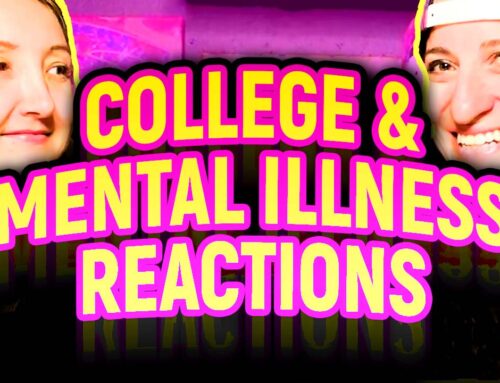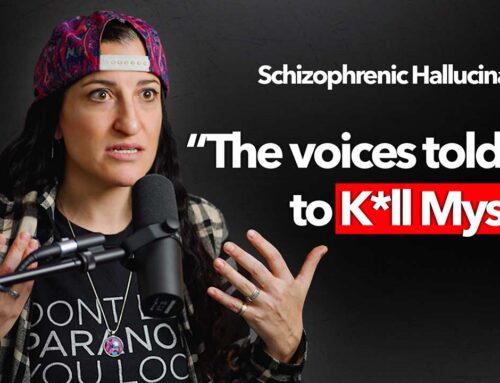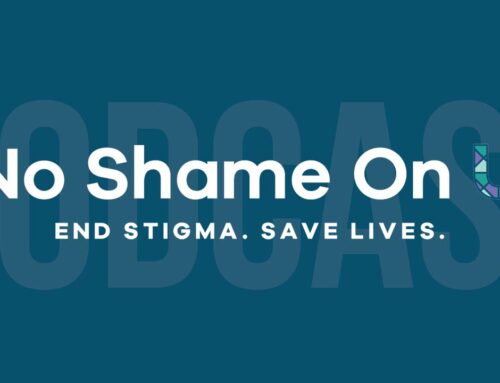How Different Generations Are Coping with the Current Mental Health Crisis
Is it fair to say that America is in the middle of a mental health crisis? The number of people reporting anxiety, stress, and even depression are certainly up. There is a growing sense of despair as global conflict proliferates and environmental concerns leave entire generations of Americans feeling helpless.
And one can’t discount the lingering emotional trauma that COVID left behind. Millions of people spent two years afraid and socially isolated. The emotional fallout of that experience doesn’t just go away overnight.
And yet there are indications that we are actually in a better place with mental health than ever before. Social stigma has largely gone away. The high instances of reported mental health issues owe at least partially to the fact that people now feel comfortable disclosing their discomfort.
How did we get to this point? Moreover, how does when you were born impact the way you care for your mental health? Read on to learn more.
Evolution of Mental Health Attitudes Over a Century: A Historical Perspective
In the early 20th century, mental health was stigmatized, even taboo topic. It wasn’t so much that treatment for mental health disorders didn’t exist— more that they were seen as the last result of truly desperate.
The idea of preventative mental health care was young and certainly not widely accepted or implemented.
That said, the early 20th century can accurately be described as a transitional period for not just mental health awareness but so many of the other social developments that we take for granted in the 21st century.
Widespread acceptance of mental health care didn’t happen overnight. It experienced its most recognizable beginnings in the years immediately following World War 2.
It’s very difficult for modern readers to fully comprehend how tumultuous this period of human history was. While modern audiences have the benefit of knowing how the global conflict that was World War 2 would end, people living through the war certainly did not.
This, coupled with the recent economic collapse meant that society arrived at the middle of the century with a limp.
Perhaps in response to the global trauma brought by the beginning of the century, attitudes began to ease around the concept of mental health care.
By the 50s and 60s, things were still a long way from what they are today but discussions were taking place. Perceptions were slowly changing. A few key things happened right at the same time. Quality of care improved as psychiatric medicine was taken more seriously.
The deinstitutionalization movement gained significant traction. Patients who had effectively been tucked away and forgotten were now being helped and reintroduced to society.
And finally, psychiatric medications were improving significantly. All of a sudden, there were better ways to treat patients, and the public attitude to support improved approaches.
Modern Mental Health
Mental health in 2024 is a much different topic than it was one hundred years ago. Professionals now recognize the unique needs of LGBTQ youth. Children who fall under the LGBTQ spectrum experience higher rates of stress and anxiety owing primarily to the stigma that they encounter.
Because mental health professionals understand this they are able to work with schools to create safer and more inclusive learning environments. Something that certainly was not a priority for most of the 20th century.
Things are pretty good right now, but did these developments happen in time to positively impact the way we care for the elderly?
How Baby Boomers Approach Mental Health
From a mental health perspective, Baby Boomers occupy interesting territory. They were born right in the heart of when attitudes toward mental health and wellness were beginning to shift. Stigma had been reduced but it still existed.
Around the time Baby Boomers were growing up, it was still a big deal for someone to admit to struggling with their mental health.
At the same time, they were living through times of significant conflict. This is the generation who fought in Vietnam. Many came back with PTSD. They also were children during the 50s and 60s— an era destabilized by social unrest and several high-profile assassinations.
They have baggage, but unfortunately, they were still a couple of decades away from experiencing normalized access to tools designed to deal with said baggage.
Of course, to say that Baby Boomers lack the skills or willingness to grapple meaningfully with their mental health is neither fair nor accurate.
We’re all talking about generalizations here. And, generally speaking, Baby Boomers are much more receptive to disclosing their feelings than generations that came before them. This often takes the form of social support— friends, church groups, etc.
It also takes the form of more medically traditional methods. Psychotherapy. Prescription medication, etc.
The Boomer Legacy
“Ok Boomer,” became a popular insult over the last few years. The suggestion is simple. A person’s perspective is less valid because of when they were born. Baby Boomers, according to the logic of this viral comment, are too out of touch with modern trends to meaningfully comment on modern society.
Obviously, we don’t need to discuss the merits of dismissing someone based on the condition of their birth. However, it is worth pointing out how short-sighted this perspective really is.
As the history of mental health in America clearly proves, the easy access to high-quality, stigma-free care that younger generations enjoy is a direct continuation of the experiences and advancement brought to us by Boomers.
It’s a legacy. An inheritance.
Millennials, Generation Z, etc. are frequently reported as being very open to taking care of their mental health. They are very likely to admit to stress and seek care.
They are also more likely to prioritize their mental health over other considerations that have historically been given greater weight. Prestige. Income. Material wealth.
A record number of people— particularly Millenials and Generation Z, report that they are willing to accept smaller salaries if it means enjoying a higher quality of life.
That’s a major development that never could have happened without the efforts of Baby Boomers.





